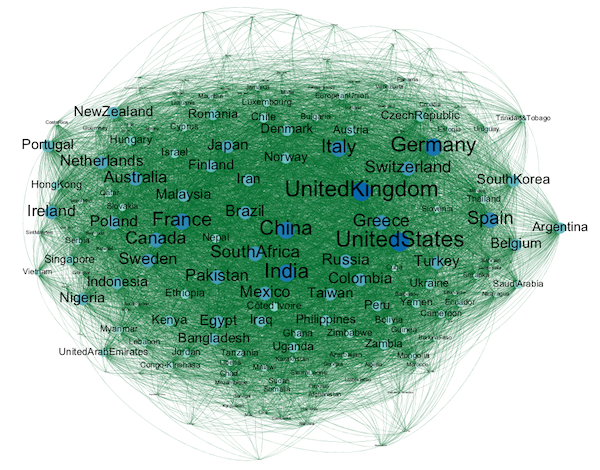
New digital research infrastructures and the advent of online distribution channels are changing the realities of scientific knowledge creation and dissemination. Yet, the measurement of scientific impact that funders, policy makers, and research organizations perpetuate fails to sufficiently recognize these developments.







